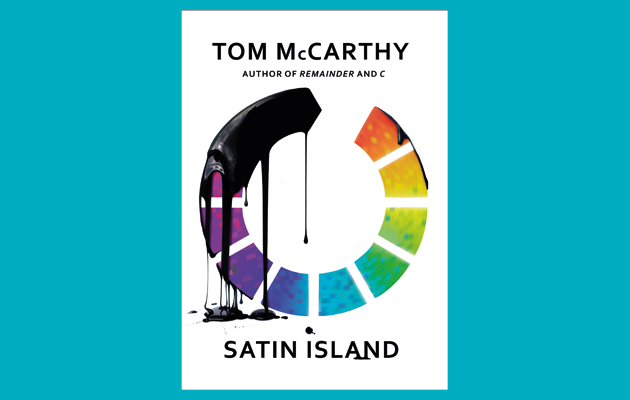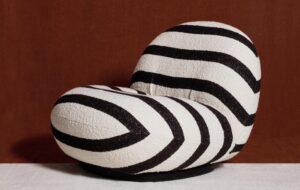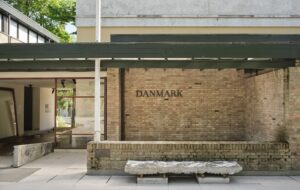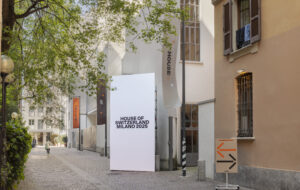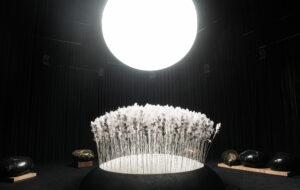|
|
||
|
Charles Holland enjoys a Pynchonesque novel set in the world of branding and “corporate anthropology” – with a suspiciously Koolhaas-like main character To start with, you might be wondering what a review of a novel is doing in Icon. Especially one that isn’t in any obvious sense about architecture or design. Tom McCarthy is a rare thing in British literature though, a novelist equally at home in the world of contemporary art. His work as one half of the situationist-influenced International Necronautical Society includes installations, events and manifestos, while his writing embraces collage, copying and parody: techniques mostly absent in the civilised world of English letters. McCarthy’s last novel, C, was an elliptical odyssey revolving around the technologies of communication. It eschewed such trusty staples of novel writing as character development and emotional empathy in favour of sprawling associations and intellectual connections. Its closest reference point might be the early novels of Thomas Pynchon, not least V., with which it shares an interest in early 20th-century geopolitics and espionage, as well as an enigmatic single initial title. If C had echoes of V., then Satin Island is more like Pynchon’s follow-up, The Crying of Lot 49. Satin Island is slimmer and more direct than its predecessor, and is set within the ultra-contemporary world of brand identity. Its hero – called U – works for a nameless company that is clearly successful but whose actual point remains hazily imprecise. U’s boss, Peyman, is a modern mystic, a combination of ad man, academic and architect. No doubt he is an amalgam of many people, but there is more than a hint of Rem Koolhaas. Revealingly, one of the few projects U’s company has worked on that is described in any detail involves a redesign of the EU flag, a genuine OMA proposal from some years ago. Peyman advises companies, cities and governments on that modern form of alchemy: identity. He specialises in supplying narrative – something that might once have been done by novelists though clearly not any longer. U’s job is no more transparent, not least to U himself. Plucked from academic success after writing a thesis on club culture, he is loosely employed to provide cultural and social insight into the company’s projects. U appropriates the anthropological studies of Claude Lévi-Strauss and the semiotic analysis of Roland Barthes and places them in the service of venal corporations. As he happily concedes, it’s poststructuralism without “all that revolutionary shit”. When Peyman lands an important, prestigious new job – the mysterious, unexplained Koob Sassen Project – U is given a vital yet frustratingly opaque role on it. U is listless and a little aimless, but he isn’t exactly unhappy. When not having non-committal sex with a woman named Madison – presumably after the avenue – he spends his spare time obsessing about various contemporary phenomena (oil spills, parachute accidents and landfill sites), elaborating scenarios that could be detective novels or art installations, or both. And all this time he is engaged on a grand project – the Great Report – a corporate version of the big novel, his own personal masterpiece. U has a name for his activities: Present Tense Anthropology™, the study of modern tribal society. His skill lies in an ability to understand culture’s ebbs and flows and to anticipate its obsessions. Signs, signifiers and myths are the only things that matter. Cultural interpretation is everything. At one point U visits Petr, a friend who is dying of cancer. Bizarrely, Petr has been prescribed orange juice as a cure. U knows instinctively that this won’t work, not for any sound medical reasons but because the oranges – which come from Jaffa – have associations with Middle Eastern conflict. Satin Island is an existential novel about people with no existential angst, and a conspiracy theory with no conspiracy. No one will ever understand what the Koob Sassen Project actually is. U’s Great Report will never be written. Careers, projects and people float by, generic, vague and imprecise. All that was solid has melted into air. |
Words Charles Holland |
|
|
||

